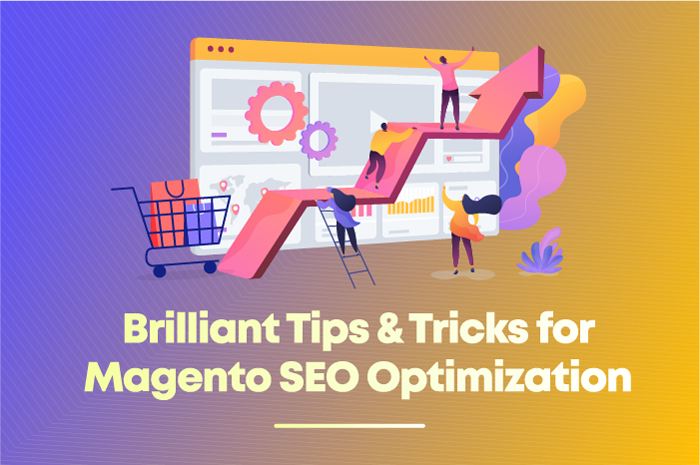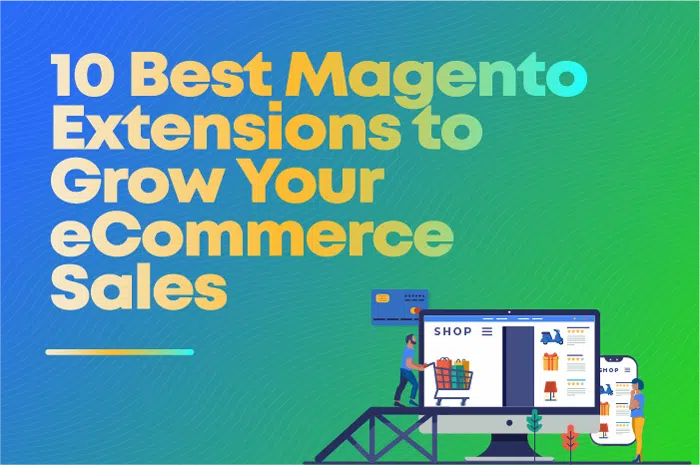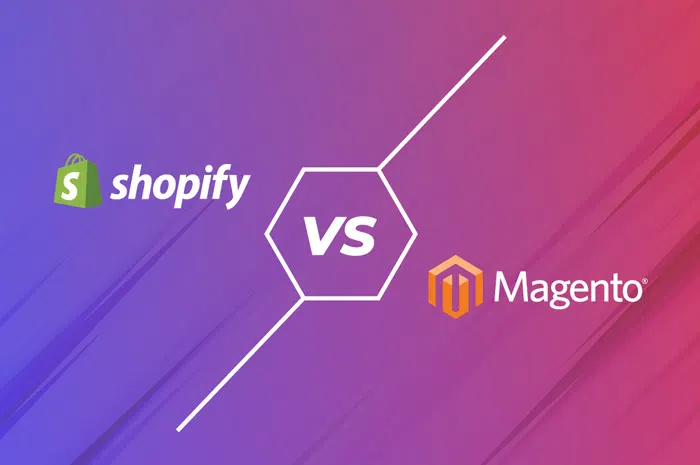How do you start an eCommerce business?
It can be risky. Most ecommerce businesses fail. However, with perseverance, experience and the right guidance, your online shopping site can not only stay afloat but thrive.
Table of contents:
Introduction
There is no magic bullet. Multiple factors decide whether an eCommerce business will succeed or fail.
Some statistics to get you warmed up:
-
E-Commerce's share of global retail sales is expected to hit 22% in 2023.
-
It is estimated that there are 12 million – 24 million eCommerce sites worldwide.
-
However, fewer than 1 million of these sites sell more than 1,000 USD per year.
-
E-Commerce will facilitate 95% of purchases by 2040.
-
Around the world, 53% of transactions occur via credit cards. This is followed by digital payment systems at 43% and debit cards at 38%.
-
The top reason for shoppers abandoning their cards is high extra costs.
Before you invest thousands of dollars in hiring an eCommerce development company, make sure that your idea is based on a real need in the market.
And even then, there are many questions you need to answer: Are you going to build your site from scratch or use prepackaged options? So on.
Whatever the case, we have penned an eCommerce website launch checklist to help prepare your business for its launch.
Social Networks
A social media marketing strategy will help you bring in a steady flow of traffic.
Depending on the type of items and services you sell and the nature of your business (B2C, B2B, etc.), you can choose your social media of choice, such as Linkedin or Facebook.
For a deeper dive into social media marketing, check out this article.
Landing Page
A landing page design is crucial, because it will be your website's temporary homepage until you jump into eCommerce website development.
An eCommerce landing page should showcase your brand and tantalize pre-launch customers with what is to come. More importantly, it is a place for you to start building your email list.
Analytics and Keyword Search
Setting up Google Analytics will give you valuable insights about your customers.
It is crucial to do your keyword research before setting up your eCommerce website. This forms an important part of SEO.
Choosing the right keywords will enable Google and other search engines to understand what your eCommerce website is about and what products you sell. It also results in boosting your ranking and thus increasing your sales.
The eCommerce web development services you hire may offer additional SEO services, so be sure to ask them about it!
Key Performance Indicators
Define a few key KPIs before launching your website. Defining the metrics that are important to you will help keep you on track.
A few KPIs to keep in mind are:
-
Monthly sales
-
Average order size
-
Average margin
-
Conversion rate
Shipping Strategy
Shipping will be a major expense for your company, so getting your shipping strategy absolutely right is crucial.
Begin your strategy with the basics:
-
Product weights
-
Preferred packaging
-
Sourcing packaging
-
Shipping methods & rates
Tip: We know it can be confusing at first to get an idea of what your shipping rates should be, so it's a good idea to check out shipping calculators such as FedEx Rates and UK Royal Mail.
Secure Transaction Tools
Due to the increase in identity theft over the years, it is important that you provide secure transaction methods. Make sure you are aware of any applicable laws that regulate online shopping.
Your eCommerce website developer should be transparent with you about such things.
Listen to Your Customer
Your customers will point out things that you may never have considered. Consider this as a great opportunity – people are basically telling you how to succeed.
You shouldn't act on everything they say – the customer is not always right – but be ready to change a few things based on sensible suggestions.
How Much Does It Cost to Start an eCommerce Business?
It depends. (Sorry!)
The website alone can range between 50 and 3,000 USD per month, with an additional 20 to 10,000 USD in setup fees. The actual cost will depend upon your catalog size, annual sales, customization, and other needs.
Overall, your eCommerce business costs will depend on:
-
Domain name
-
Hosting
-
Payment processing costs
-
Software
-
Extensions and add-ons
-
Theme and design
-
SSL certificate
Plus ongoing costs such as:
-
Management of inventory
-
Digital marketing, including Search Engine Optimization (SEO), social media marketing, email marketing, and so on
-
Security software
-
Backups of data
Conclusion
There you have it – the beginner's guide to starting an eCommerce business.
Still unsure of where to start? No problem. BluEnt's experienced, qualified eCommerce web developers are here to help. Expect unique portal designs, easy navigation, creative display options, and more.
Ready to get a fantastic eCommerce website design that will drive sales? Contact us now!
Maximum Value. Achieved.



 Proven Magento SEO Tips to Rank High on Search Engines
Proven Magento SEO Tips to Rank High on Search Engines  10 Best Magento Extensions to Achieve eCommerce Excellence.
10 Best Magento Extensions to Achieve eCommerce Excellence.  Magento vs Shopify: The Battle of the eCommerce Titans
Magento vs Shopify: The Battle of the eCommerce Titans  Unlock the power of ChatGPT for business data analytics!
Unlock the power of ChatGPT for business data analytics! 